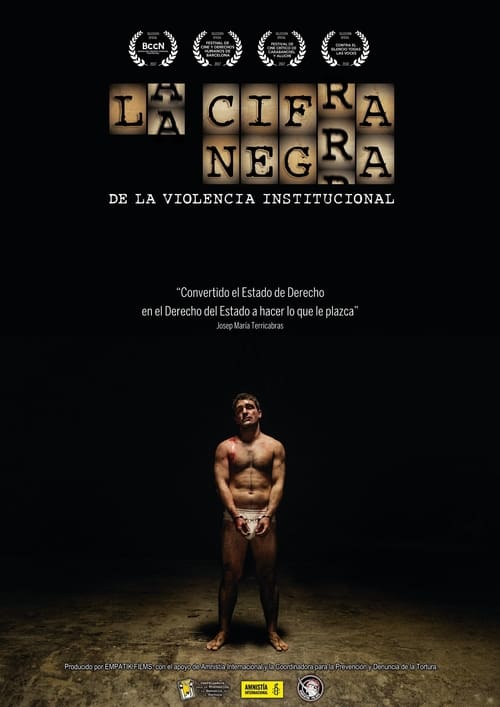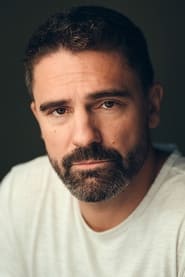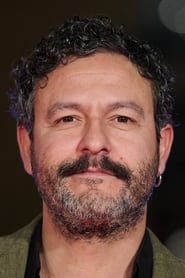

The most crude and atrocious institutional violence of the Spanish State hides behind a true dark figure, an abyss into which this documentary peers through 30 firsthand accounts.
No Trailers found.

Manuela Carmena

Joaquím Bosch

Self

Policía Nacional

Guardia civil de paisano (detrás)

Víctima

Jose Solís

María Virtudes

Guardia civil de paisano (conductor)

Subdirector Médico